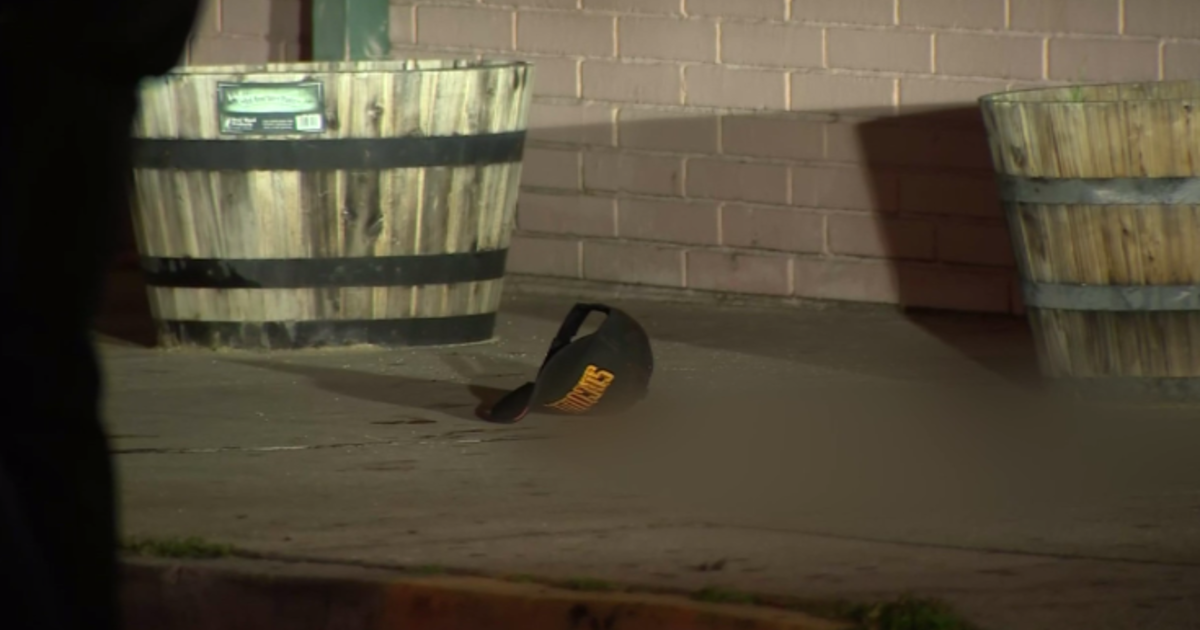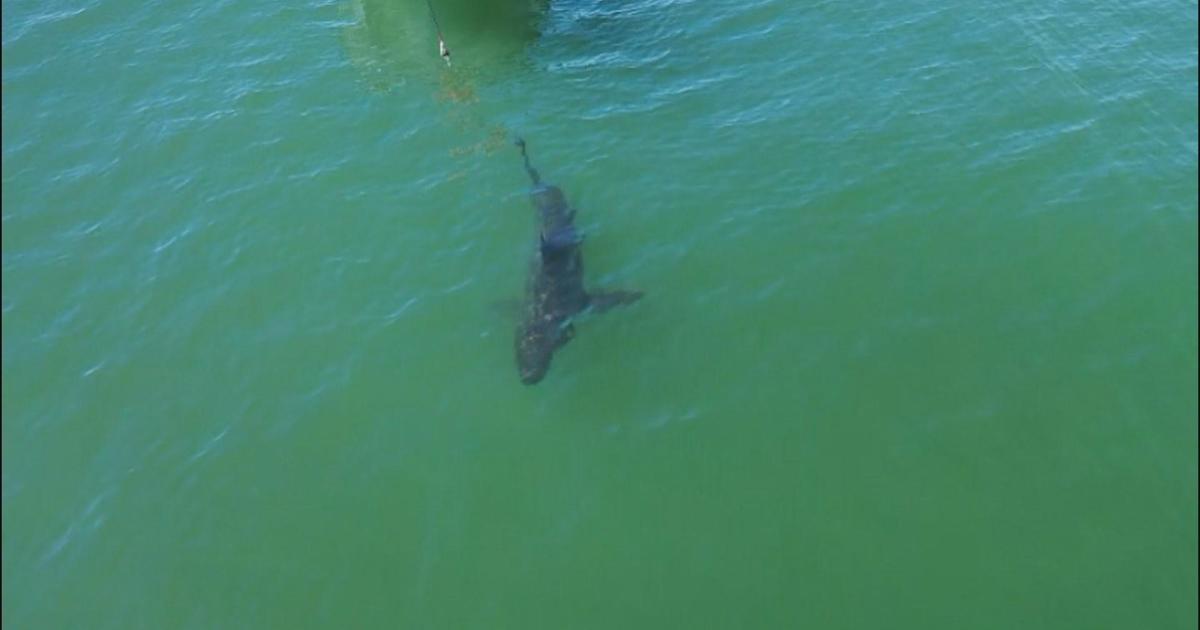New Calif. Laws Including Foie Gras Ban Take Effect July 1
SACRAMENTO (AP) — Car buyers, ducks and geese, and those in search of tattoos or body piercing all get increased protections under new laws that take effect July 1.
Most bills passed by the Legislature and signed by the governor take effect on Jan. 1 each year. But all or part of about two-dozen other laws are taking effect at midyear, including measures to discourage bullies and encourage low-income seniors to eat healthier.
California's nation-leading ban on the culinary delicacy foie gras has received the most attention. The product is created by force-feeding ducks or geese through funnel-like tubes until their livers grow to more than 10 times their normal size. State lawmakers voted to outlaw the practice known as gavage when they passed SB1520 in 2004. But they gave producers a seven-year window until July 1, when it will no longer be legal to produce or sell foie gras — French for "fatty liver" — in California.
The state will also enact a first-in-the-nation law to protect those shopping for used cars.
Starting Sunday, car dealers must mark vehicles with bright red warning stickers if they are listed in the National Motor Vehicle Title Information System database as junk, salvage or inundated during floods. Recreational vehicles, motorcycles and off-highway vehicles are exempted from the requirement.
"California is a dumping ground for salvage cars. We're the biggest market. We have a lot of young people and low income people, a lot of immigrants and military people," said Rosemary Shahan, president of Sacramento-based Consumers for Auto Reliability and Safety. "What we tell consumers is anytime you're buying a used car, look for that red warning sticker. If it's there, you don't want that car."
The consumer protection was a trade-off for letting dealers raise the fee they can charge for titles and registrations from $55 to $80. AB1215 by Assemblyman Bob Blumenfield, D-Sherman Oaks, also requires car dealers to begin registering vehicles electronically, a step projected to save the state more than $9 million annually by reducing paperwork at the Department of Motor Vehicles.
Tattoo and piercing artists and those who apply permanent cosmetics will have to register each year with a local government and meet minimum statewide standards under another new law.
The Safe Body Art Act, AB300 by Assemblywoman Fiona Ma, D-San Francisco, requires that practitioners be vaccinated against Hepatitis B and receive training in first aid, cardiopulmonary resuscitation and preventing infections. The law also sets standards for hygiene and sanitation, and requires that customers give their informed consent before they are inked or pierced.
"Wild Bill" Hill, who for 35 years has owned and operated a large popular tattoo parlor in the Sacramento suburb of Roseville, welcomed statewide standards he said have long been needed. He said some of the regulations appear nitpicking, but predicted the law will weed out some smaller and less conscientious tattoo and piercing operations.
"It's not safe," he said of some operators' practices. "You don't want to wash your coffee cup in the same sink where you're scrubbing tattoo equipment."
Shops that provide only ear piercing face separate notification, sanitation, training, and equipment standards under the law.
Bullies are the target of two new laws that require more steps by school districts.
School employees will get training in the prevention of bullying under AB1156 by Assemblyman Mike Eng, D-Monterey Park. His bill also gives victims of bullying priority for transfers to a different school district. It also expands the definition of bullying to include posting material on an online social media website.
"Seth's Law," by Assemblyman Tom Ammiano, D-San Francisco, requires schools to update their anti-harassment and anti-discrimination policies and programs to include sexual orientation and gender identity, as well as race, ethnicity, nationality, gender, disability, and religion. AB9 is named after Seth Walsh, a 13-year-old gay student from Tehachapi who killed himself in 2010 after he endured relentless taunting without getting help from school officials.
Among other measures:
— AB69, by Assemblyman Jim Beall, D-San Jose, lets counties use the Social Security Administration benefits database to find low income individuals over age 60 who may be eligible to participate in the CalFresh food stamps nutrition program.
— SB222, by Sen. Noreen Evans, D-Santa Rosa, and AB210, by Assemblyman Roger Hernandez, D-West Covina, require individual and group health insurance providers to cover maternity services.
— SB946, by Senate President Pro Tem Darrell Steinberg, D-Sacramento, requires health care insurers to provide coverage for behavioral treatment of autism for children and young adults.
(© Copyright 2012 The Associated Press. All Rights Reserved. This material may not be published, broadcast, rewritten or redistributed.)



